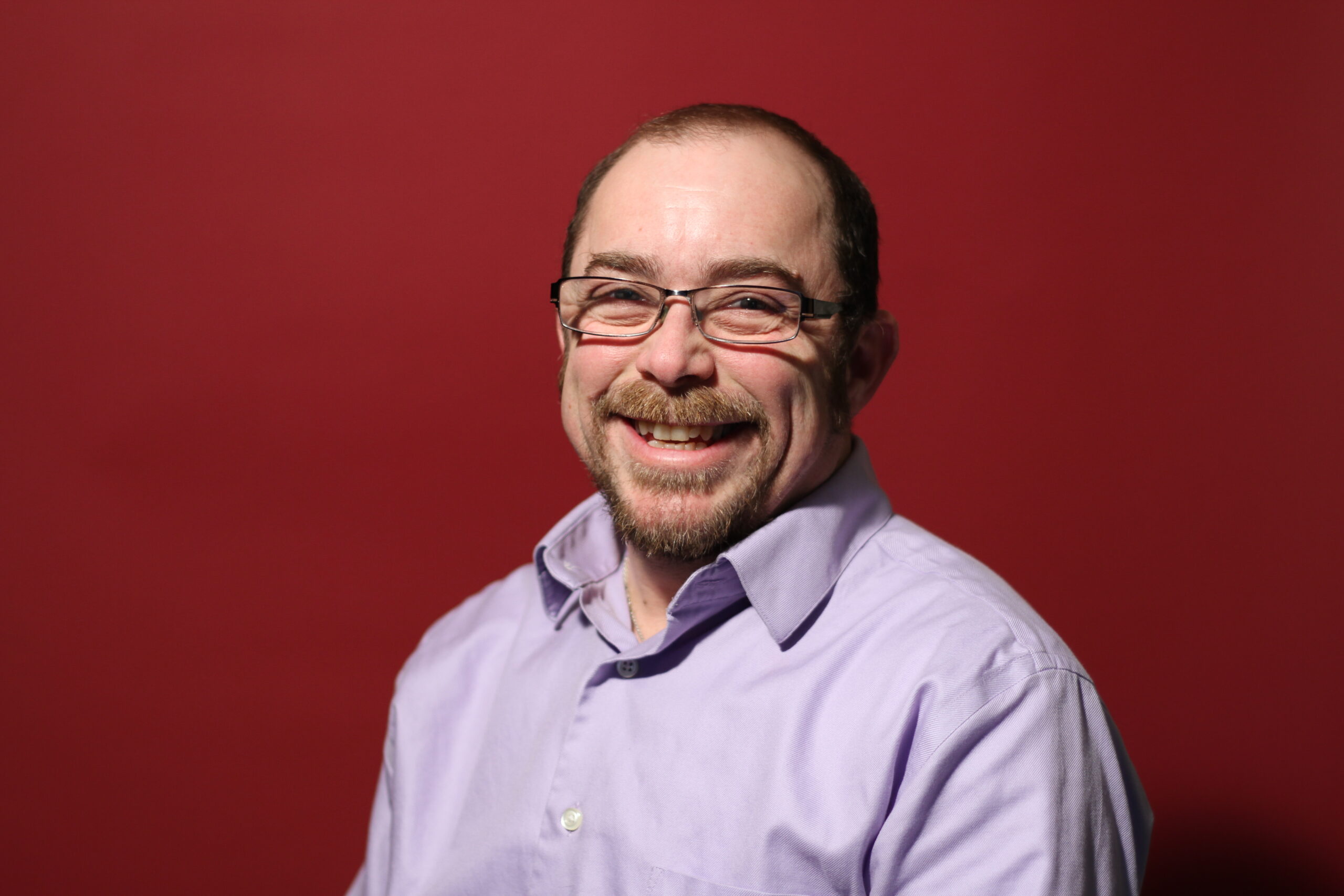Rev. Paul Langston-Daley is the Senior Program Leader for Justice Building at UUSC. In November 2016, he travelled to Nicaragua on UUCSJ’s Guardians of the River: Climate Justice for Theologians journey specifically for religious professionals (ministers, seminarians and religious educators).
It had already been a difficult year, and then November came and with it, the election of Donald Trump. I was feeling pretty, cynical about the future. The trip to Nicaragua was scheduled for the end of the month and I was trying, like most people to see some kind of silver lining in what was about to unfold. I was particularly looking forward to being there with colleagues, as we shared this experience together.
I didn’t know much about Nicaragua – I knew some about the Sandinistas and about American interference and involvement in the civil war, but not much else. The study materials provided by the College of Social Justice were outstanding, providing a backdrop to frame the experience, but not requiring more than was manageable in an average schedule. It was engaging, and familiarity with the history, and with the current political climate, provided depth to the trip.
Though there were many highlights – the women of Matagalpa, the lush green mountains of the countryside, the many wonderful speakers who shared their lives with us, worship that helped to ground us each day – the real center of the trip was our visit with Carlos and the Guardians of the River. The Guardians are a grassroots community resisting a gold mine that would destroy their sacred river the Yaoska. I was unprepared for how deeply this meeting would impact me. The sharing of gifts, when we all brought a symbol of something that connects us to mother earth, brought an unanticipated level of vulnerability and caring. My fellow religious leaders brought an incredible depth of sharing as they made offerings to those gathered. Colored leaves, special stones, gifts of nuts, cranberries and honey, all were shared with reverence to nature, the beauty of this place, and at our being together in solidarity. Hearing the Guardians sing, the joy they shared at being in this place, the passion they held for life, the depth of their love for the planet, all of it was palpable. Gratitude was present in a form that was undeniable and we were embraced in that gratitude.
 Participants with Guardians of the River making an altar of their gifts
Participants with Guardians of the River making an altar of their gifts
Reverence for all life is not just a quaint sentiment for these Guardians of the River. For them, this beautiful, Eden like place is worthy of their protection. The songs they sang brought laughter and tears. We swam in the river, admired the mountains, marveled at the power and wonder of this pristine garden. I was deeply grateful to these Guardians, who know a deeper certainty, who claim a nobler truth, the people who stopped the gold mine. Because they understand that the land and its people are far more precious than gold. Everywhere we went, reverence for and connection to the land was present. The fruit trees, the chickens, the coffee, paradise is here. A deep religious connection to the earth, to all life, abides.
I learned more than I could have imagined, not just about Nicaragua, its people, and their struggles, but about a shared commitment to the earth that knows no borders or boundaries. I learned about the power of a people capable of stopping a multi-national corporation. I began to understand what it might take to return to my own country to face a new administration. I returned to the United States with a sense of hope and spirit.
It has been a little more than a year since my trip, and on the days when I feel things are impossible; when I don’t think I can bear one more tweet, or policy move, or ridiculous statement from the White House, I recall the voice of Maria, a young Guardian of the River. I remember their struggle, the challenges they faced, the stories of those who resisted, and my spirit is renewed. I am reminded that with love, nothing is impossible.
To learn about future journeys specifically for religious professionals, visit uucsjstaging.wpengine.com/journeys/religious-leaders/
